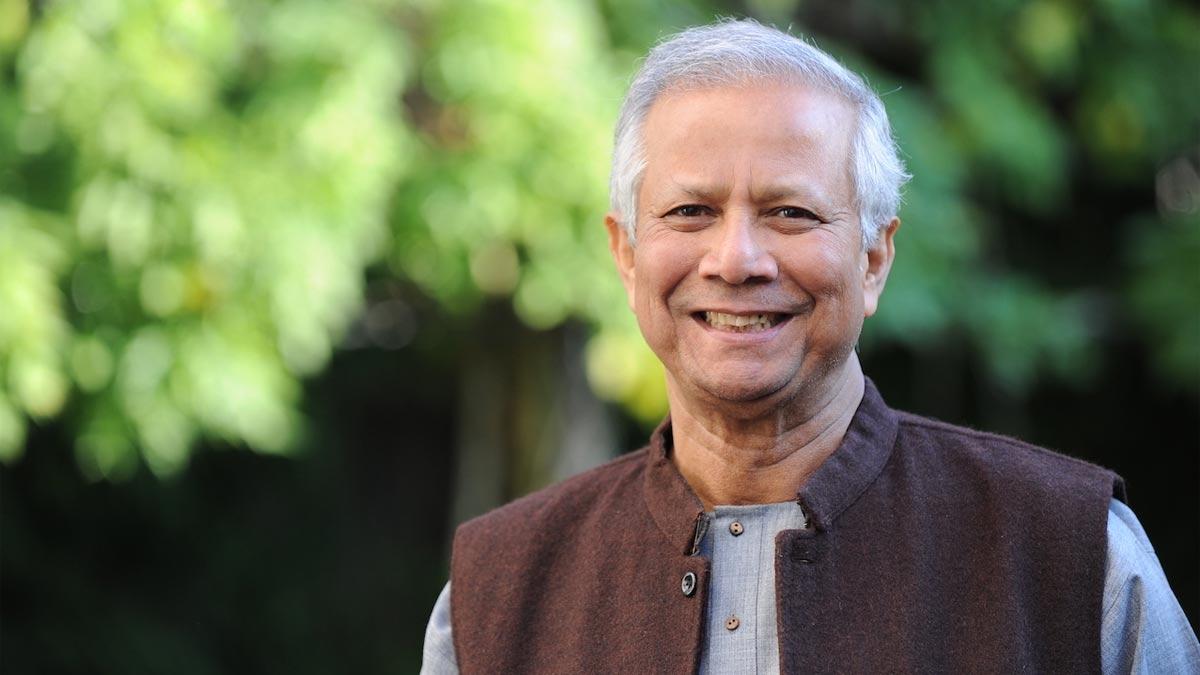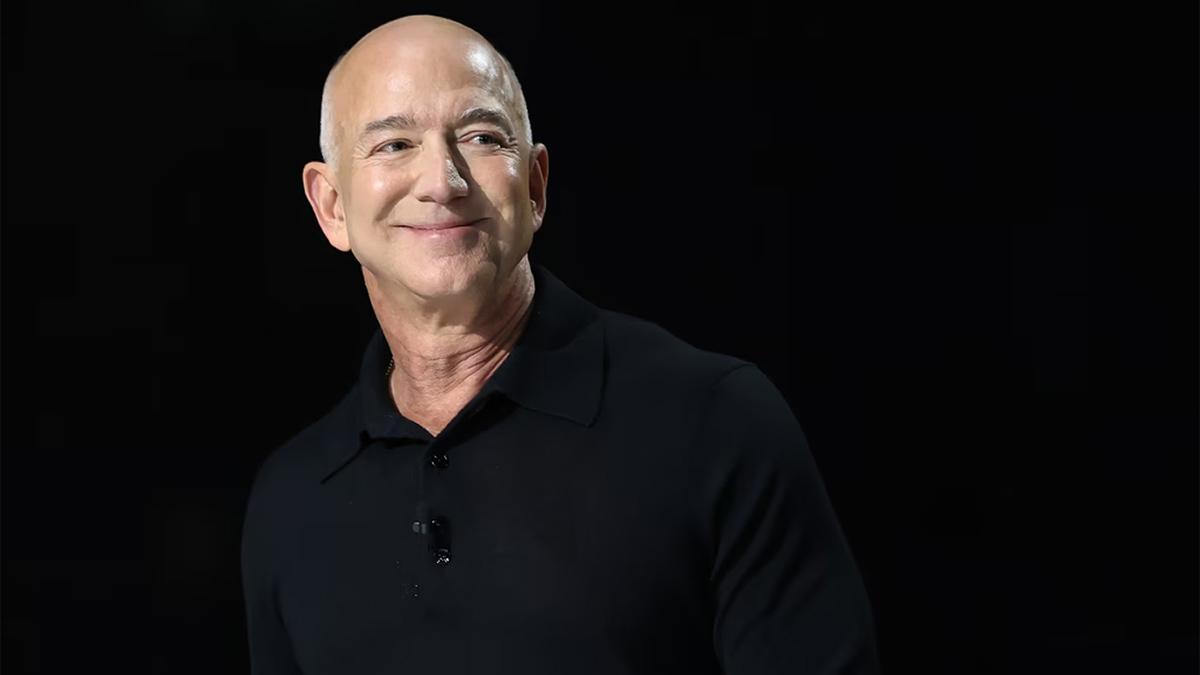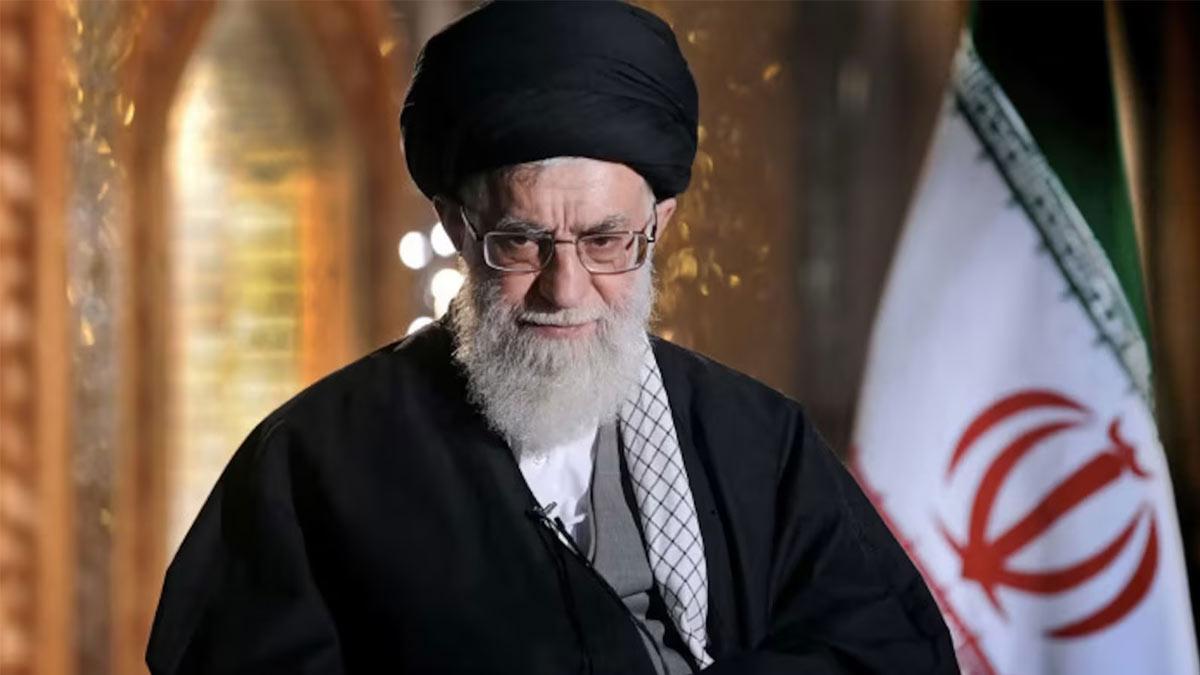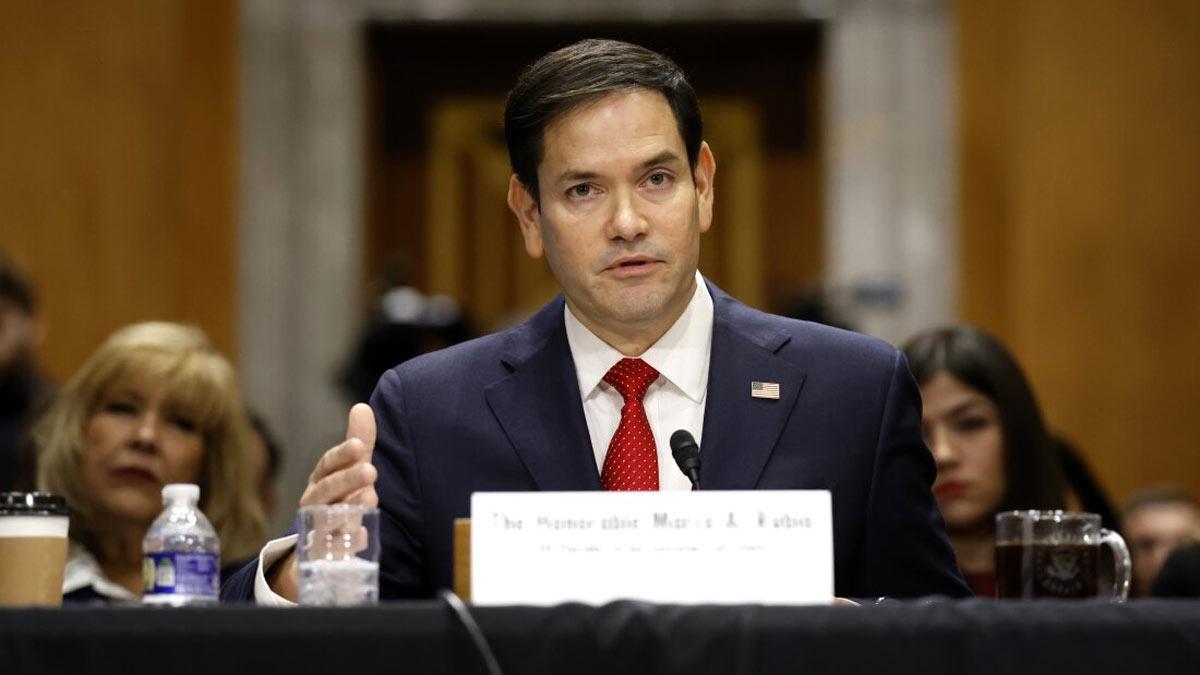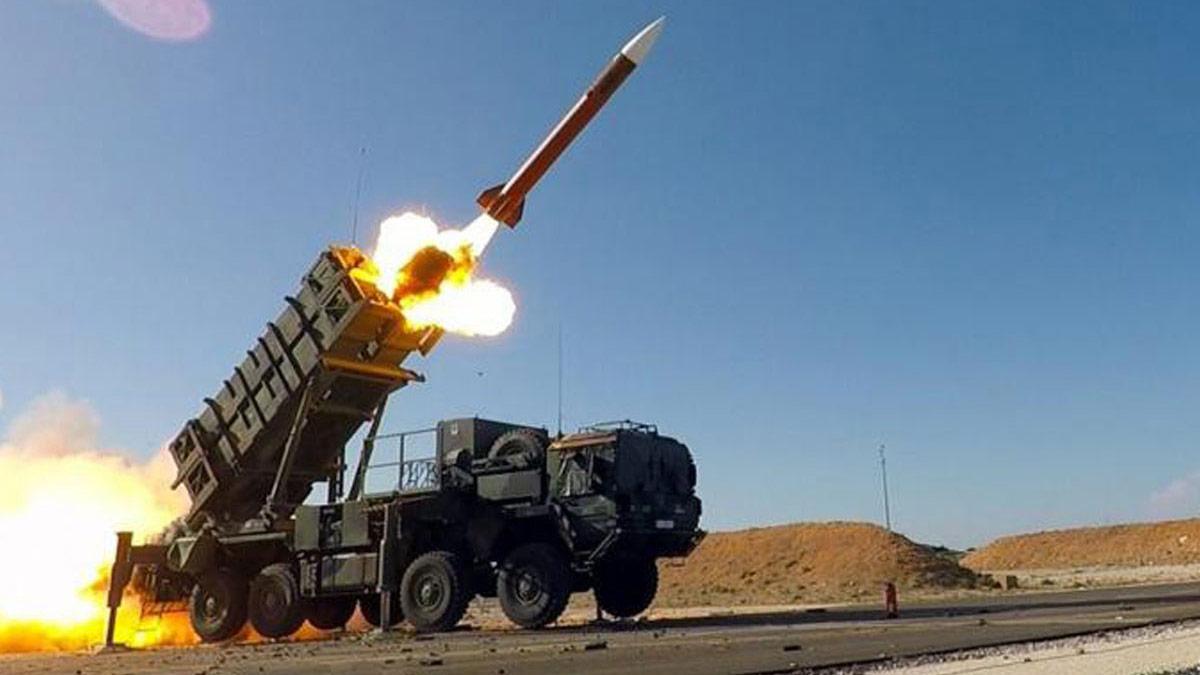Bangladesh has indicated that it is willing to develop constructive diplomatic relations with India in spite of tensions between the two countries after the ousting of former Prime Minister Sheikh Hasina and alleged persecution of Hindu minorities in the country.
As quoted in local media, Touhid Hossain, Foreign Affairs Adviser to the caretaker government of Muhammad Yunus, stressed that Bangladesh is keen on enhancing the country's relationship with India. He reaffirmed that Dhaka has always been adamant on having a clear position regarding enhancing bilateral relations.
Hossain also welcomed the hope that the Indian High Commission would resume granting visas to Bangladeshis soon.
His words are supported by those of Chief Advisor Muhammad Yunus, who earlier had emphasized the need for the two neighboring nations to have good relationships.
At a press briefing at Bangladesh's Ministry of Foreign Affairs on Tuesday, Hossain said, "The Chief Advisor's statement reflects our stand. I had already underlined the need for a constructive working relationship with mutual respect. The rest will be seen in due course. There are respective interests of both sides, and the relationship will shape accordingly."
On being questioned regarding developments on visa services and overall diplomatic normalisation, Hossain said, "Such information should be provided by India. We have not created complexities related to visas. Issuance of visas is a sovereign right. If a nation decides to refrain from issuing visas to some people or groups, it is their prerogative, and objections cannot be raised. We hope they would inform us of the decision and take steps to make the process easier for intending travelers."
Hossain last month met India's External Affairs Minister (EAM) S. Jaishankar on the sidelines of the Indian Ocean Conference in Muscat. Both sides recognized the difficulties in their bilateral relationship and emphasized the importance of working together to resolve them.
India's Ministry of External Affairs (MEA) stated that EAM Jaishankar expressed that Bangladesh should not normalize terrorism.
After the meeting, Bangladeshi media said that Jaishankar and Hossain, during their under-30-minute discussion, looked into how to overcome existing diplomatic challenges. They also discussed having a meeting between Muhammad Yunus and Indian Prime Minister Narendra Modi on the side of the coming BIMSTEC Summit in Bangkok later this year.
India had suspended issuance of visas to Bangladeshi nationals following last year's mass protests that spilled into violent unrest in the nation.
Even with India's appeal for normalization of relations, Dhaka's present leadership has been widely criticized for unsubstantiated accusations against New Delhi and for its handling of minorities, notably the Hindu community, since the student-led revolution and fall of Hasina's Awami League government.
The 6th Bay of Bengal Initiative for Multi-Sectoral Technical and Economic Cooperation (BIMSTEC) Summit will be held in Bangkok, Thailand, from April 2-4 this year.
With Bangladesh set to take over the BIMSTEC chairmanship, the government is keen to arrange a meeting between Muhammad Yunus and Prime Minister Modi at the summit in Bangkok.
Read also| China Signals Possible Defense Budget Increase, Stresses Peace Through Strength
Read also| India Rebukes UN Human Rights Chief's Remarks as 'Unfounded' and 'Cherry-Picked'

